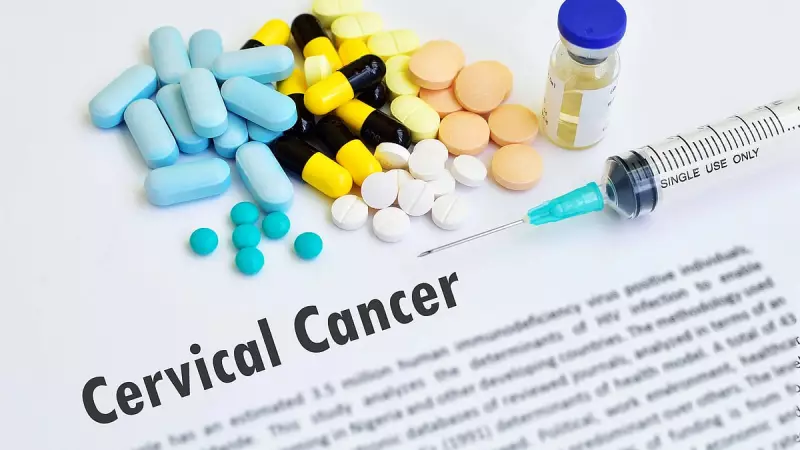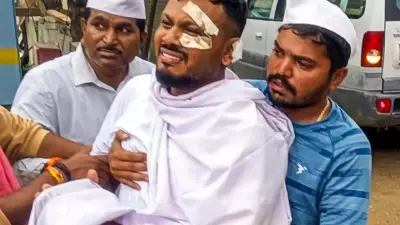
Medical professionals across India are intensifying their call for early HPV vaccination as a crucial defense against cervical cancer, a disease that claims thousands of lives annually. The push comes amid growing awareness about human papillomavirus (HPV) as the primary cause of this preventable cancer.
The Critical Window for HPV Vaccination
Healthcare experts strongly recommend that girls receive the HPV vaccine between ages 9 and 14, before they become sexually active. This timing is crucial because the vaccine works most effectively when administered before potential exposure to the virus. According to medical research, the immune response to the vaccine is significantly stronger in younger adolescents, providing better long-term protection.
Dr. Asha George, a prominent gynecologist, emphasizes that vaccination doesn't replace the need for regular screening. "While the HPV vaccine offers substantial protection, women should continue with Pap smears and other screening methods as recommended by their healthcare providers," she states. This two-pronged approach of vaccination and regular screening represents the most comprehensive strategy against cervical cancer.
Breaking Down Barriers to Vaccination
Despite the proven effectiveness of HPV vaccines, several challenges hinder widespread adoption in India. Misinformation and cultural stigma surrounding vaccines and sexual health remain significant obstacles. Many parents hesitate to vaccinate their daughters due to unfounded fears about safety or concerns that vaccination might encourage early sexual activity.
Medical authorities are working to counter these misconceptions by educating communities about the vaccine's safety profile and its cancer-prevention benefits. "We need to understand that we're preventing cancer, not making any statement about sexual behavior," explains Dr. Ramesh B., a public health specialist. The medical community stresses that the vaccine should be viewed similarly to other routine childhood vaccinations that protect against serious diseases.
The Alarming Cervical Cancer Statistics in India
The urgency behind the vaccination campaign stems from sobering statistics. India accounts for approximately one-quarter of all global cervical cancer deaths, with the country reporting nearly 123,000 new cases and over 77,000 deaths annually. These numbers highlight the critical need for preventive measures, particularly in rural areas where healthcare access remains limited.
Regular screening plays an equally vital role in combating this disease. When detected early through methods like Pap smears or HPV DNA tests, cervical cancer is highly treatable. However, many women in India present at advanced stages when treatment options are limited and outcomes are poorer. Healthcare providers recommend that women begin regular screening at age 30, continuing at intervals specified by their doctors.
The combination of early vaccination and consistent screening offers the best hope for reducing India's cervical cancer burden. As awareness grows and accessibility improves, medical professionals believe significant progress can be made against this preventable disease that affects so many women and families across the nation.





